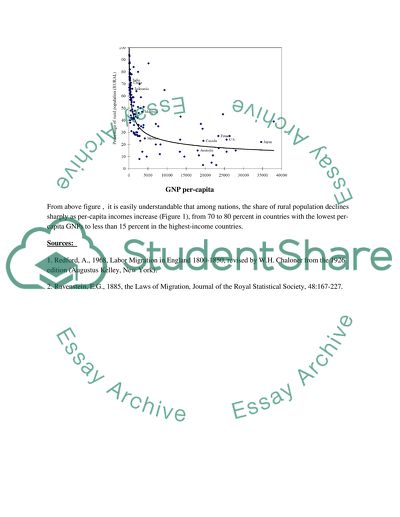Neo-Human Capital Theory Term Paper Example | Topics and Well Written Essays - 250 words. Retrieved from https://studentshare.org/sociology/1577774-neo-human-capital-theory
Neo-Human Capital Theory Term Paper Example | Topics and Well Written Essays - 250 Words. https://studentshare.org/sociology/1577774-neo-human-capital-theory.


